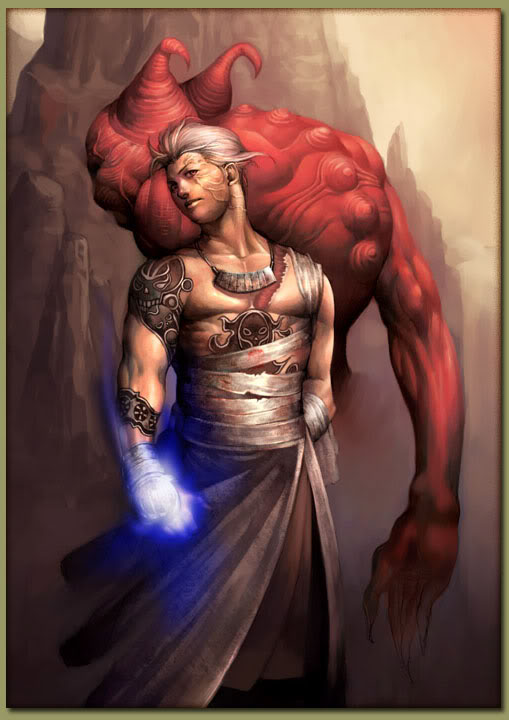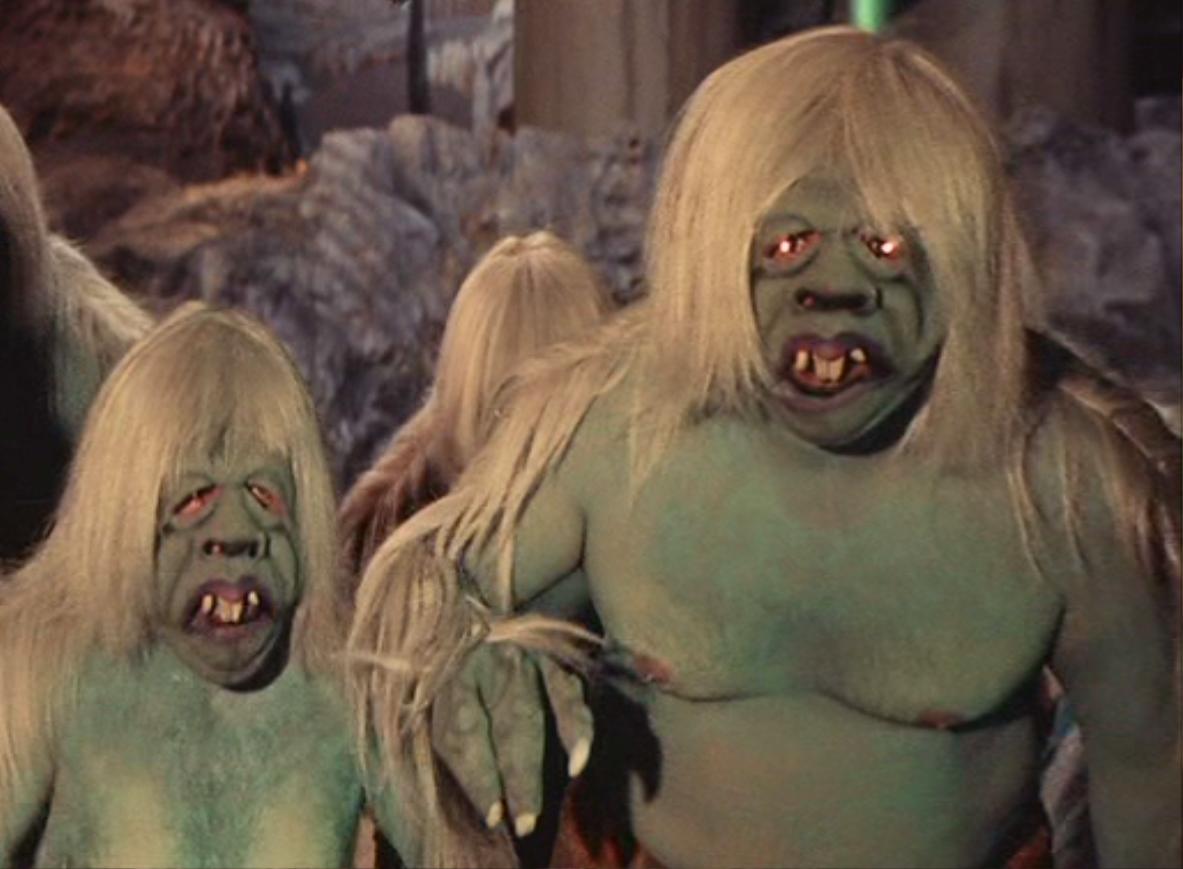The second demon to speak is Belial, which in Hebrew means
worthless. He seems to be the deadly sin Sloth personified, or rather
demonified. Milton describes Belial as:
“On th' other side up rose
Belial, in act more graceful and humane.
A fairer person lost not Heaven; he seemed
For dignity composed, and high exploit.
But all was false and hollow; though his tongue
Dropped manna, and could make the worse appear
The better reason, to perplex and dash
Maturest counsels: for his thoughts were low—
To vice industrious, but to nobler deeds
Timorous and slothful. Yet he pleased the ear,
And with persuasive accent”
Again, this version of Paradise
Lost comes from the website http://classiclit.about.com/library/bl-etexts/jmilton/bl-jmilton_plost_2.htm
(It just makes it easier to cut and paste instead of typing it all out manually).
So, Milton describes Belial as graceful, humane, fair,
dignified, false and hollow, noble, slothful, and persuasive. As another classmate
had posted, the demon of college students…I might even go so far to add that
Belial is the patron demon on English majors specifically.
Two images I found of Belial are


These depictions of Belial are fitting; he actually looks
pretty dang cool if you ask me.
He looks and name (with the Hebrew meaning) are a perfect
fit for his argument, which is basically like “Hey guys, we should totally just
wait it out here. We shouldn’t listen to Moloch, we’ll just lose again. The
best course of action is no action at all. Maybe if we wait around not doing
anything long enough God will forgive us maybe…”
Overall, he is a pretty worthless
demon.
O yeah, I forgot to add in my last post about how Moloch
reminded me of the movie The Time Machine (no I haven’t yet read the book by H.G.
Wells). I’m referring to the movie from the 1960s, because I'm cool like that...or something like that...
In the movie the main character travels far into the future
where the race of humans are preyed upon and eaten by nefarious under-dwellers
called the “Morlocks,” coincidence—I think not.

No comments:
Post a Comment